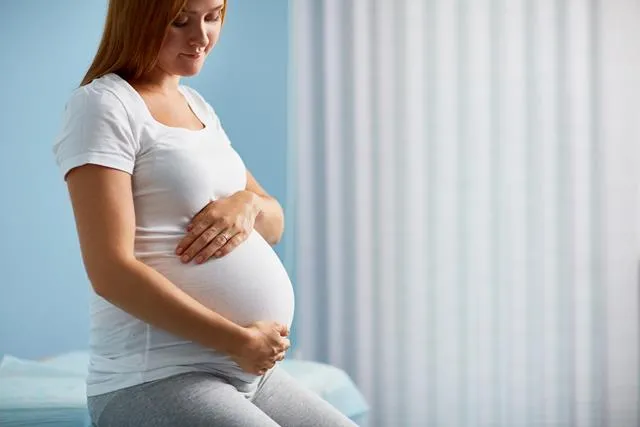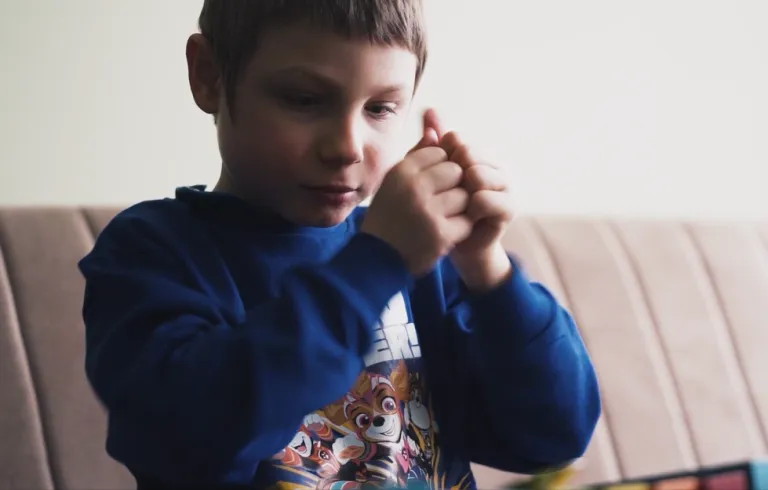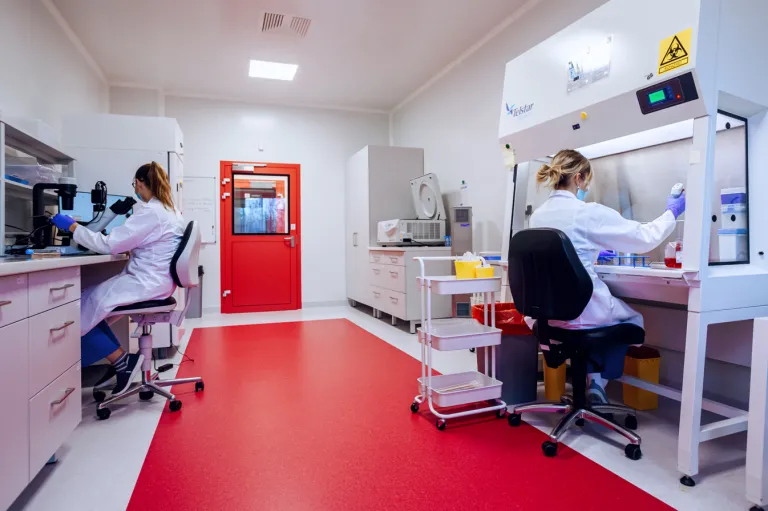Back pain in the kidney cast in pregnancy requires medical consultation and diagnostic testing. Its appearance may indicate a urinary tract infection, urolithiasis or nephritis. In any case, it is important to quickly implement treatment, as these diseases can endanger the fetus.
The term “kidney pain” is used to describe complaints of pain in the lumbar region, usually on one side. The pain appears suddenly, is described as throbbing, stabbing or colicky and spreads vertically. It often radiates to the groin, lower abdomen or genitals. It may be accompanied by other symptoms, such as fever, urinary problems, swelling and general weakness of the body. It is worth noting that in the vast majority of cases, diseased kidneys do not hurt, so it is important to have regular check-ups, especially during pregnancy.
What is the sign of pain in the kidney area during pregnancy?
After conception, changes take place in a woman’s urinary tract to prepare the body for pregnancy and childbirth. First of all, the kidneys enlarge (by up to 1 cm), the pelvis, cups and ureters dilate, and blood flow through the organ increases. The enlarging uterus causes pressure on the kidney. During pregnancy, the risk of urinary tract infections is higher, and the infection is asymptomatic for a long time.
Pain in the kidney area during pregnancy can be caused by pathological processes in the urinary system. The most common diseases include:
- kidney stones,
- bacterial urinary tract infection,
- nephritis,
- kidney cysts.
It may be that complaints of low back pain are misinterpreted as kidney pain. During pregnancy, the pelvic ligaments stretch and the back muscles are overstretched. However, no symptom should be underestimated and a doctor should be consulted if in doubt.
Pyelonephritis in pregnancy
One of the most dangerous conditions in pregnancy is pyelonephritis. The condition follows a bacterial infection of the urinary tract that was not recognized and treated early enough. Microorganisms enter the kidney through the ureter, leading to the appearance of inflammation.
Symptoms of pyelonephritis in pregnancy include:
- pain in the kidney area (right kidney pain is more common in pregnancy),
- Fever (above 38℃),
- Nausea and vomiting,
- chills,
- Pain during urination,
- A feeling of pushing on the bladder,
- general weakness of the body,
- lack of appetite,
- headache.
Bacteria are found in the urine. However, it is worth noting that pyelonephritis in pregnancy can go without any symptoms for a very long time, and the first complaints appear when irreversible damage to the organ occurs. That is why it is so important to report for routine urine tests.
See also: Should you test urine during pregnancy?
What to do when kidney pain occurs during pregnancy?
A woman who develops kidney pain during pregnancy should see her primary care physician. The specialist will take a history and order diagnostic tests (which do not pose a risk to the fetus): laboratory tests of blood (especially creatinine levels) and urine, and an ultrasound. Once the cause of the ailment is identified, appropriate treatment is implemented. In the case of bacterial infection, antibiotic therapy is necessary. In such a situation, all home remedies for kidney pain in pregnancy are ineffective.
Is kidney pain in pregnancy dangerous?
Kidney pain in pregnancy, which is a symptom of one of the diseases of the urinary system, requires the rapid implementation of appropriate therapy. If untreated, the health or life of the fetus and the pregnant woman may be endangered. Conditions that run in pregnancy with kidney pain can cause: kidney failure, sepsis, premature labor, low birth weight of the baby, and miscarriage.
Rate this article:










